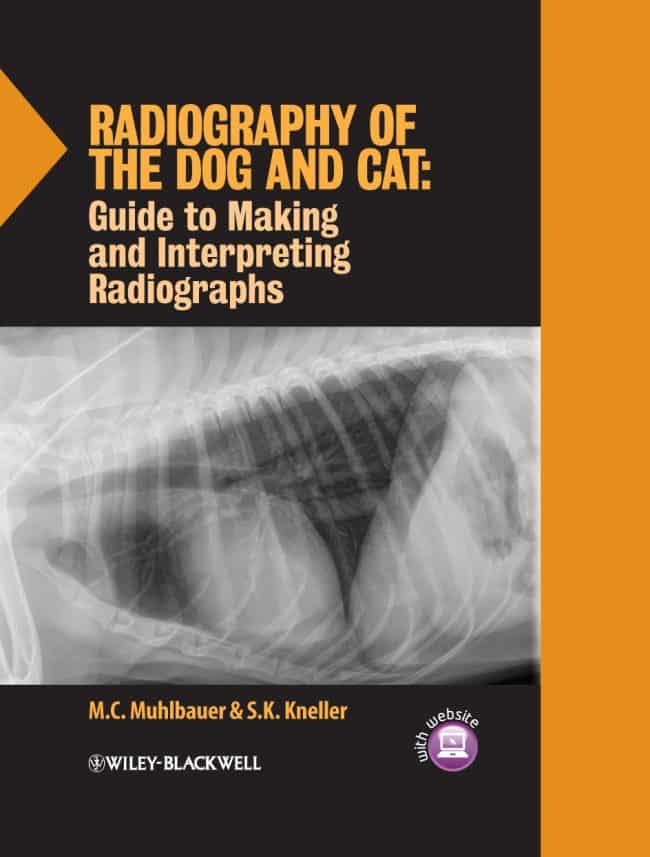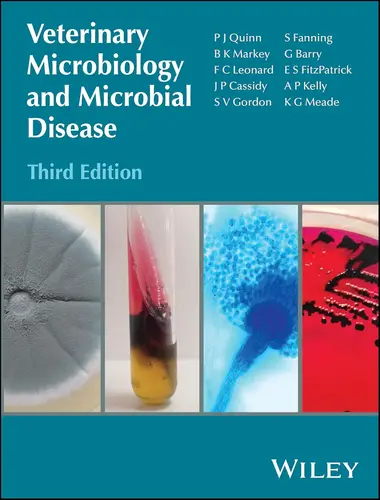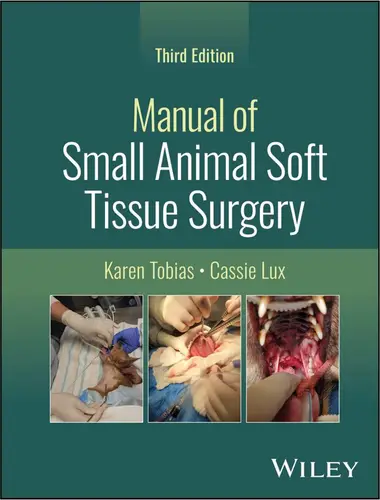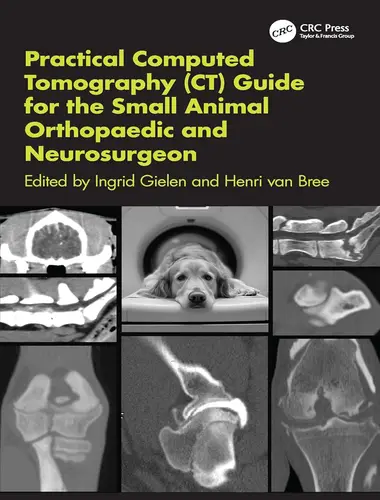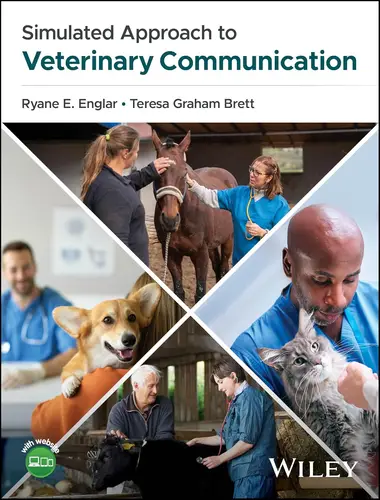Radiography of the Dog and Cat – Guide to Making and Interpreting Radiographs PDF. Readers may recognize familiar figures in this guide, many from Radiographic Interpretation for the Small Animal Practitioner by Drs. Jerry Owens and Darryl Biery.
Radiography of the Dog and Cat – Guide to Making and Interpreting Radiographs PDF
The figures in this text are designed to teach concepts and methods of interpretation rather than represent standard radiographs that the reader is expected to memorize. Remember, diseases don’t always present with the classic appearance depicted on many textbook radiographs. Get More: Atlas of Dental Radiography in Dogs and Cats 1st Edition
Also, in this guide you will find language that differs from some of the classic radiography terms. We hope this to be a fresh approach using simple correlation with physics, physiology, and pathology. Advances in diagnostic imaging reveal the inaccuracies in some commonly used terms—terms that were pertinent when radiologists were beginning to under-stand the radiographic appearances of disease, but that are currently inadequate.
Radiopacity is relative. ALL materials block x-rays to some degree, even air. To state that a material is radiopaque or radiolucent provides little useful information. For example, cystic calculi that are not visible on survey radiographs are commonly called radiolucent. However, when these same calculi are seen on a pneumocystogram, they are considered radiopaque. Opacity of a material is always relative to the adjacent material. Since this guide is dedicated to radiography and radio- is a given, we will use the term opacity to describe the characteristic of a material to block x-rays. Remember, it’s all about relative opacity and opacity interfaces.
More of these discussions are presented throughout the text. We are not just trying to be different or “buck the system.” We have found during our years of teaching veterinary students, interns, residents, and practitioners that some of the classic terminology frequently causes confusion and laborious memorization. We believe a simpler, more straightforward approach will help you make more accurate radiographic diagnoses with less consternation. Enjoy!!! Password: pdflibrary.net
[expand title=” “]
| Get Hard Copy (Buy Used or New) | Download eBook |
[/expand]

